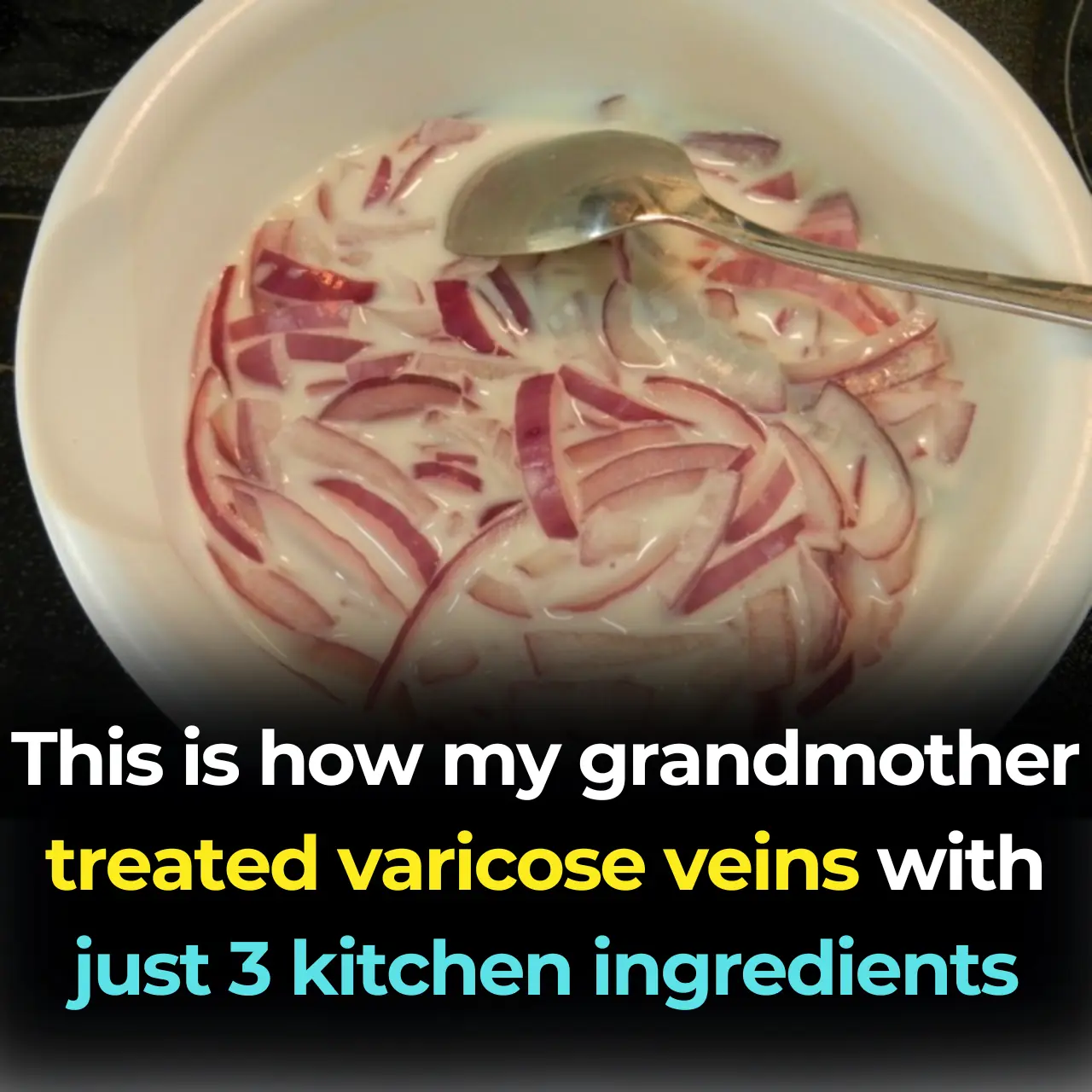
Warning Signs Your Magnesium, Potassium, and Calcium Levels Are OFF and How to FIX It!
You may have noticed that after intense workouts or excessive sweating, you feel more tired or dehydrated, even if you’ve been drinking plenty of water. This is because sweat doesn’t only consist of water—it also contains electrolytes like sodium. Plain water, while essential for hydration, doesn’t replace these vital electrolytes, so it’s important to replenish them through certain foods, juices, or supplements.
What Are Electrolytes?
According to Healthline, electrolytes are acids, bases, or salts that take on a positive or negative charge when dissolved in your body fluids. These ions are critical to the functioning of cells and organs throughout your body, and they include:
-
Sodium: The primary positive ion outside your cells, sodium helps regulate body fluids, blood pressure, and muscle and nerve function. It also helps balance other electrolytes.
-
Chloride: A major component of table salt, chloride maintains blood pH balance, regulates fluid levels, and supports digestion.
-
Potassium: Vital for heart health, nerve transmission, muscle contraction, and bone health. Potassium imbalance can lead to dangerous arrhythmias.
-
Magnesium: Necessary for DNA and RNA production, magnesium also supports nerve and muscle function, regulates heart rhythm, blood sugar levels, and boosts immune function.
-
Calcium: Crucial for bone and tooth density, calcium also plays a significant role in nerve impulses, muscle movement, and blood clotting.
Electrolytes facilitate chemical exchanges, conduct electricity, and move electrical charges through your body, ensuring that your nerves and muscles function properly. They also influence water balance in the body. For example, if your sodium levels get too high, your body signals thirst and your kidneys retain more water to dilute the sodium. Conversely, when sodium levels drop too low, your kidneys expel more water to balance things out.
Causes and Signs of Electrolyte Imbalance
Electrolyte levels can fluctuate due to various factors such as dehydration, excessive sweating, certain medications, kidney issues, or conditions like alcoholism, liver cirrhosis, heart failure, and diabetes. Electrolyte imbalances can also occur if you are overhydrated, not just dehydrated.
Among the most common imbalances are low levels of magnesium, potassium, and calcium. Here are some signs that your electrolytes might be out of balance:
-
Nausea
-
Lethargy (extreme tiredness or lack of energy)
-
Fluid retention (feeling bloated or puffy)
-
Confusion or sudden behavioral changes
-
Severe muscle weakness
-
Rapid or irregular heartbeat
-
Seizures
-
Chest pain
These symptoms can occur when electrolyte levels fall outside these normal ranges (mEq/L):
-
Calcium: 5–5.5 mEq/L
-
Chloride: 97–107 mEq/L
-
Potassium: 5–5.3 mEq/L
-
Magnesium: 1.5–2.5 mEq/L
-
Sodium: 136–145 mEq/L
How to Maintain Healthy Electrolyte Balance
Now that you know the signs of electrolyte imbalances, here are some tips to help you maintain proper electrolyte levels:
1. Eat a Balanced Diet
A varied, nutrient-rich diet is the foundation for maintaining healthy electrolytes. Eating whole, fresh foods such as leafy greens, lean proteins, healthy fats, and complex carbs will help keep your electrolytes in check. Focus on foods high in magnesium, potassium, and calcium to naturally replenish these minerals.
For example, foods like spinach, avocados, sweet potatoes, and bananas are rich in potassium, while almonds, chia seeds, and pumpkin seeds are great sources of magnesium.
2. Cut Back on Salt
Most processed foods contain excessive amounts of sodium, which can throw off your electrolyte balance. Surprising sources of sodium include sodas, processed desserts, salad dressings, and sauces. If you cook your meals, consider switching to Himalayan salt, which contains a range of beneficial minerals.
3. Drink Water
Water plays a vital role in hydration and fluid balance. While it doesn’t contain electrolytes, water helps your body maintain homeostasis, especially when electrolyte levels are too high or too low. Stay hydrated throughout the day, particularly after exercise or during hot weather.
4. Consider Your Medication
Certain medications, such as diuretics, can affect your electrolyte balance. If you’re experiencing symptoms of imbalance, consult your doctor about adjusting your prescription, diet, or taking supplements to restore proper electrolyte levels.
5. Refuel After Exercise
If you’ve been sweating heavily during a workout, it’s essential to replace lost electrolytes. Drink coconut water, which naturally contains potassium and magnesium, or enjoy an electrolyte-infused smoothie. These will help replenish your levels and promote recovery, reducing the risk of muscle fatigue or weakness.
6. Take an Epsom Salt Bath
Stress and physical exertion can deplete your magnesium levels, leading to muscle cramps, anxiety, and trouble sleeping. To help restore magnesium, consider taking an Epsom salt bath. Magnesium is absorbed more efficiently through the skin than through the digestive system, making a bath a great way to boost your levels naturally.
Conclusion
Maintaining balanced electrolyte levels is crucial for overall health, especially for your muscle, nerve, and heart function. A deficiency in magnesium, potassium, or calcium can lead to serious health issues, including fatigue, muscle weakness, and even heart problems. However, by following a balanced diet, drinking adequate water, and being mindful of your medication and exercise habits, you can help keep your electrolytes in balance and avoid complications.
Always be aware of the symptoms of electrolyte imbalances and talk to your healthcare provider if you suspect any issues. Taking proactive steps to maintain your electrolytes can make a significant difference in your long-term health and well-being.
News in the same category


AVOID Ginger If You Have THESE Health Problems

12 medications you should never mix with coffee

Headache Above or Behind the Left Eye: Causes and Treatments
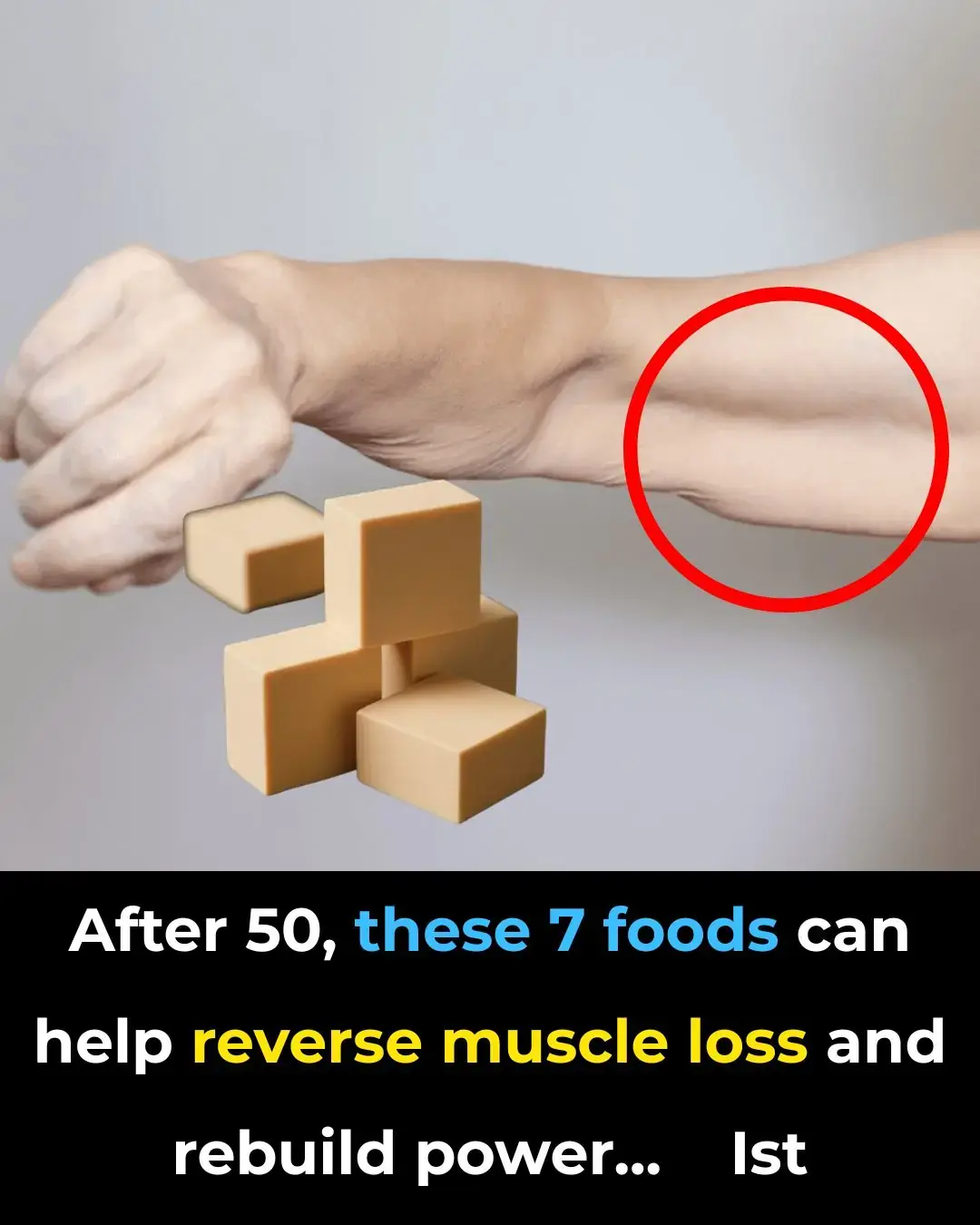
7 best foods to rebuild your muscle strength after 50
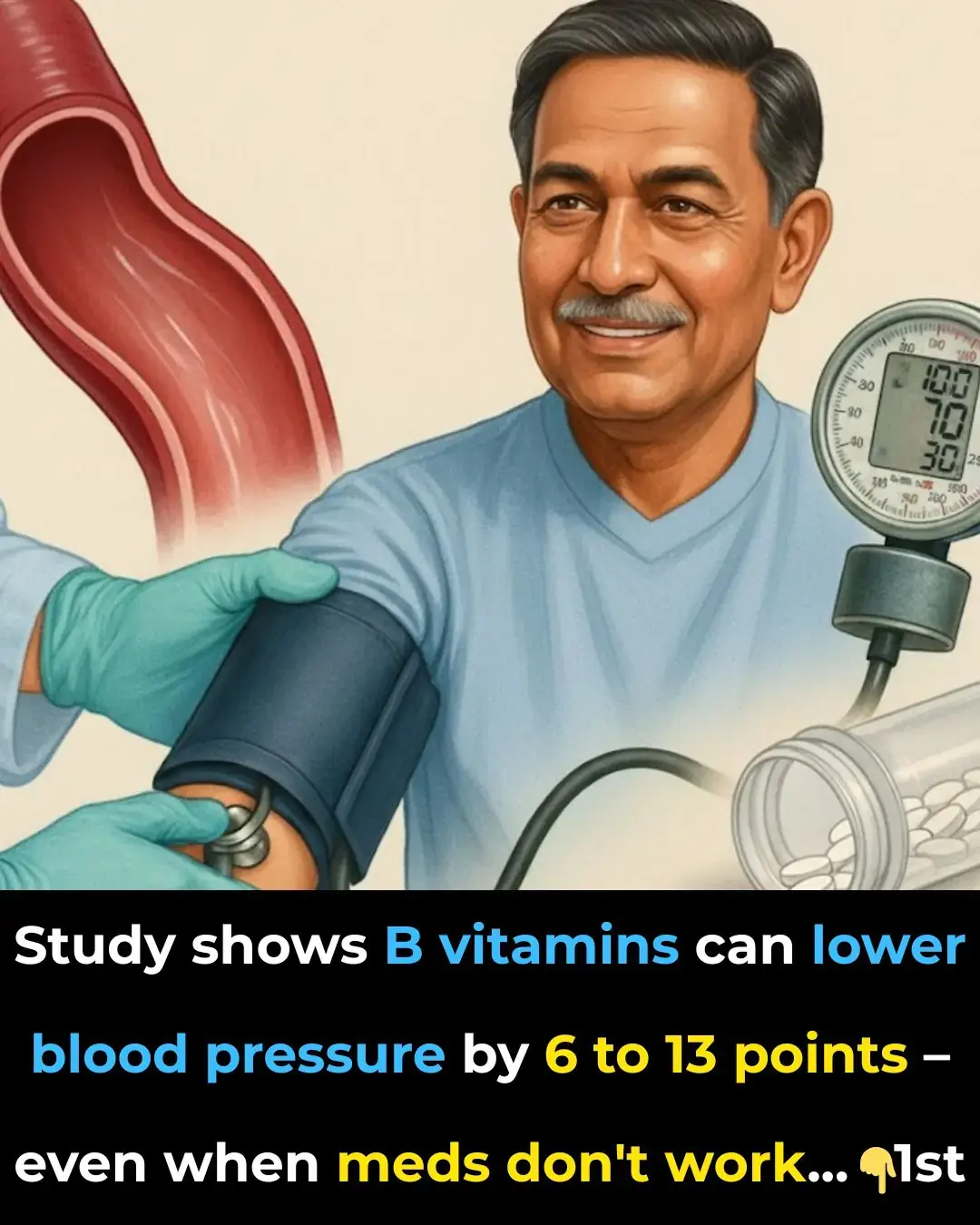
The B vitamin solution: lower blood pressure when medications fail

Take this one shot and watch what happens to your blood pressure

5 Unique Things You Only Experience When Loving an Older Woman
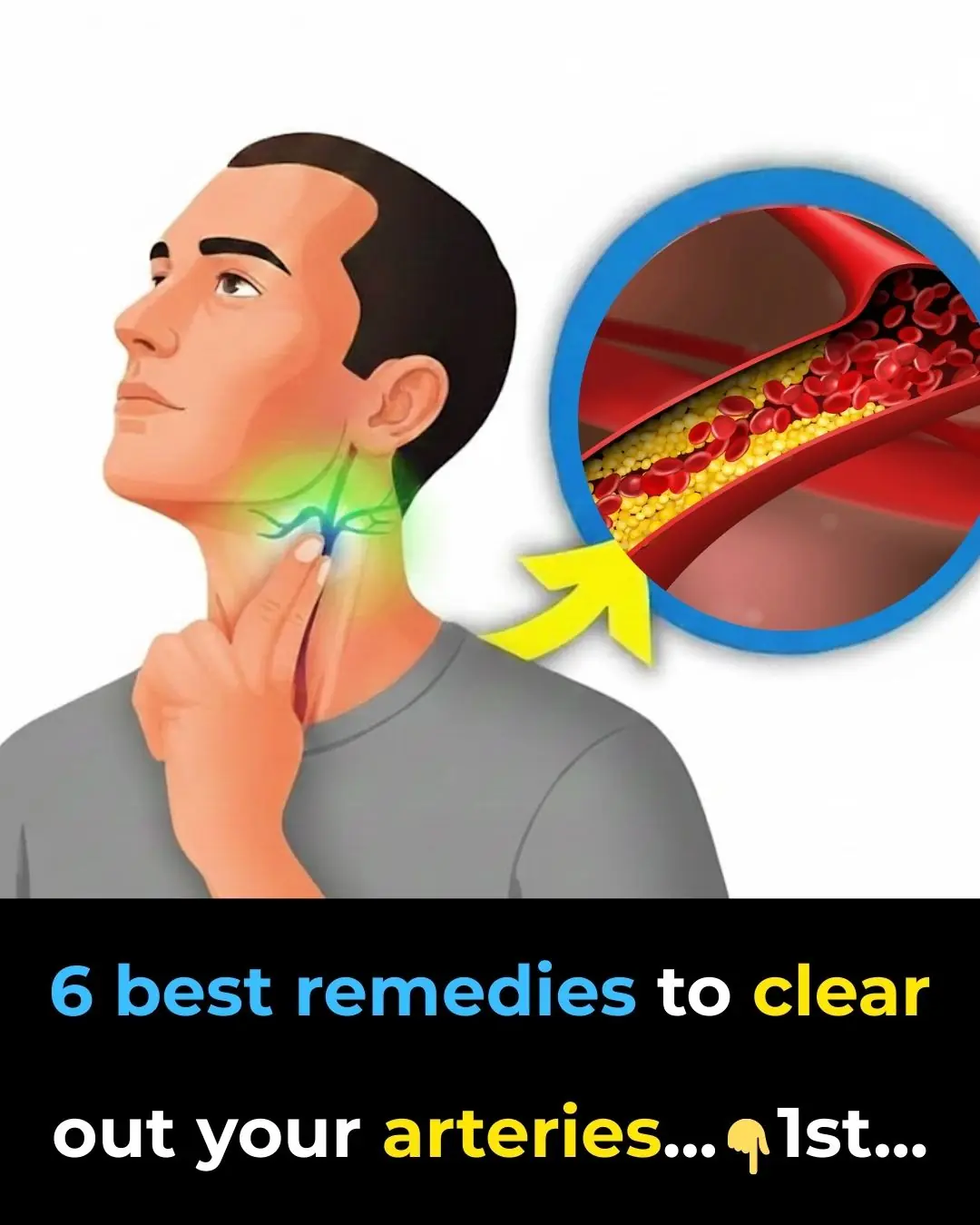
6 Best Remedies To Clear Out Your Arteries
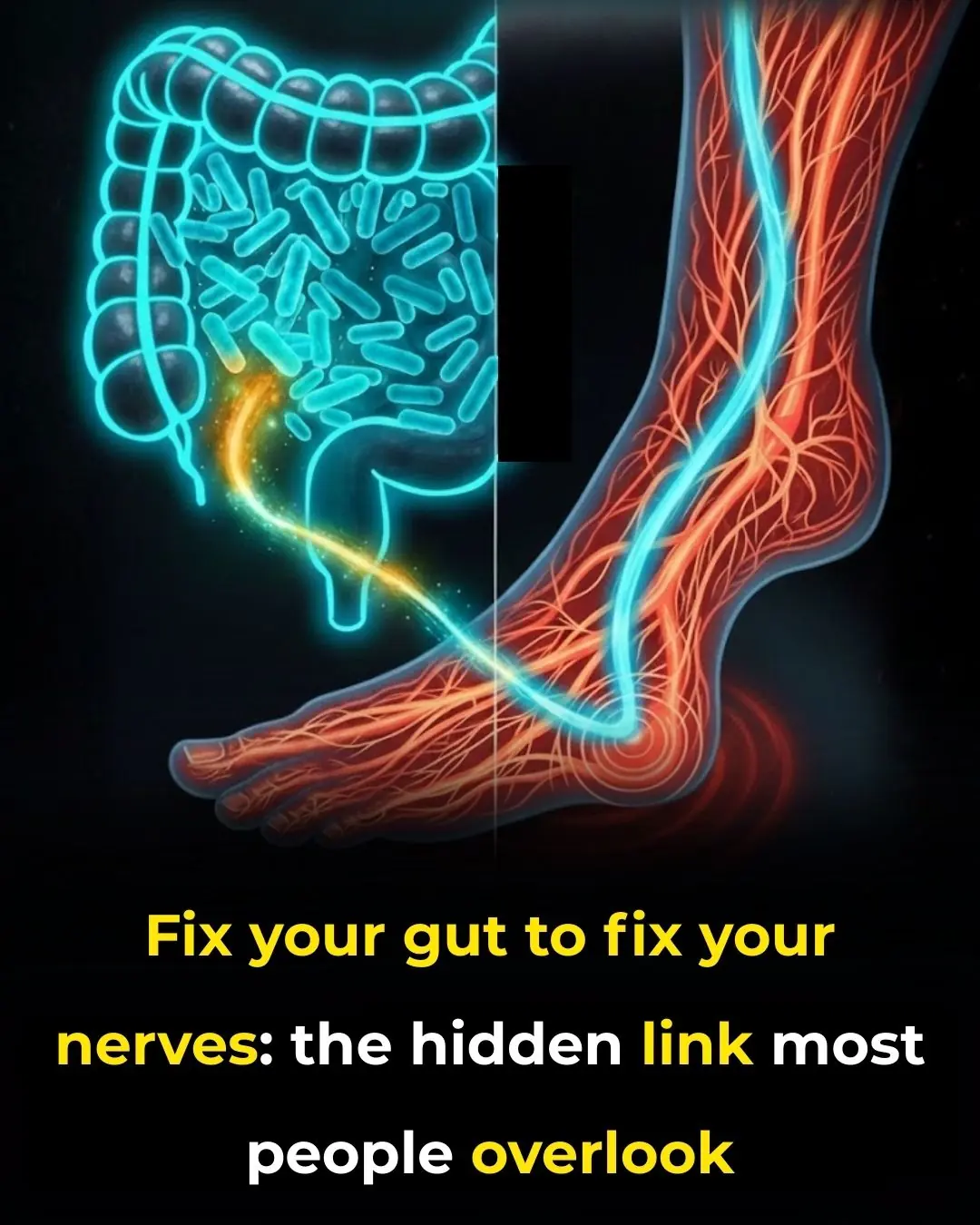
Fix your gut to fix your nerves: the hidden link most people overlook
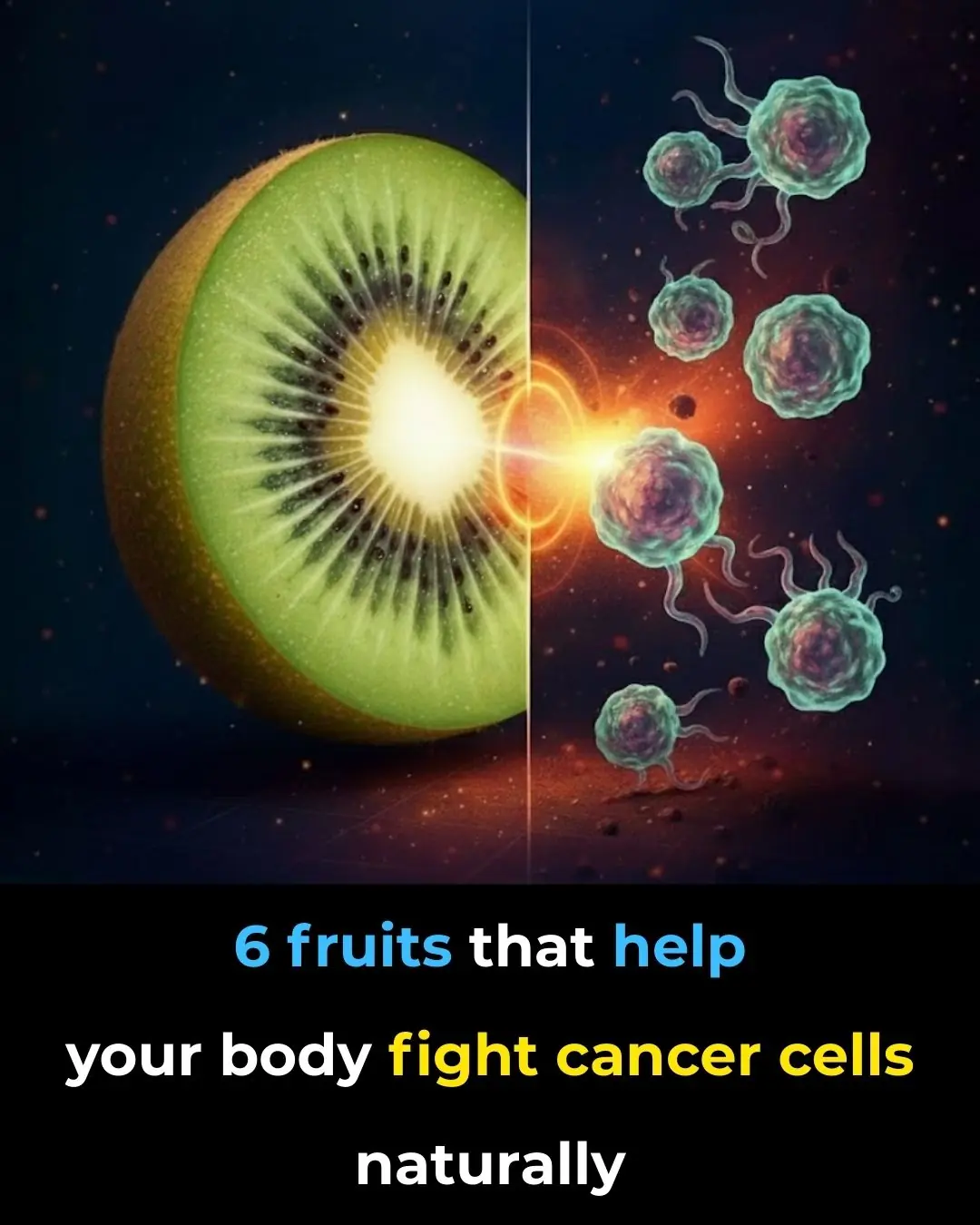
6 fruits that help your body fight cancer cells naturally

Doctors reveal the no.1 supplement to reduce dementia risk

Top 5 veggies to detox your arteries & prevent heart attacks!
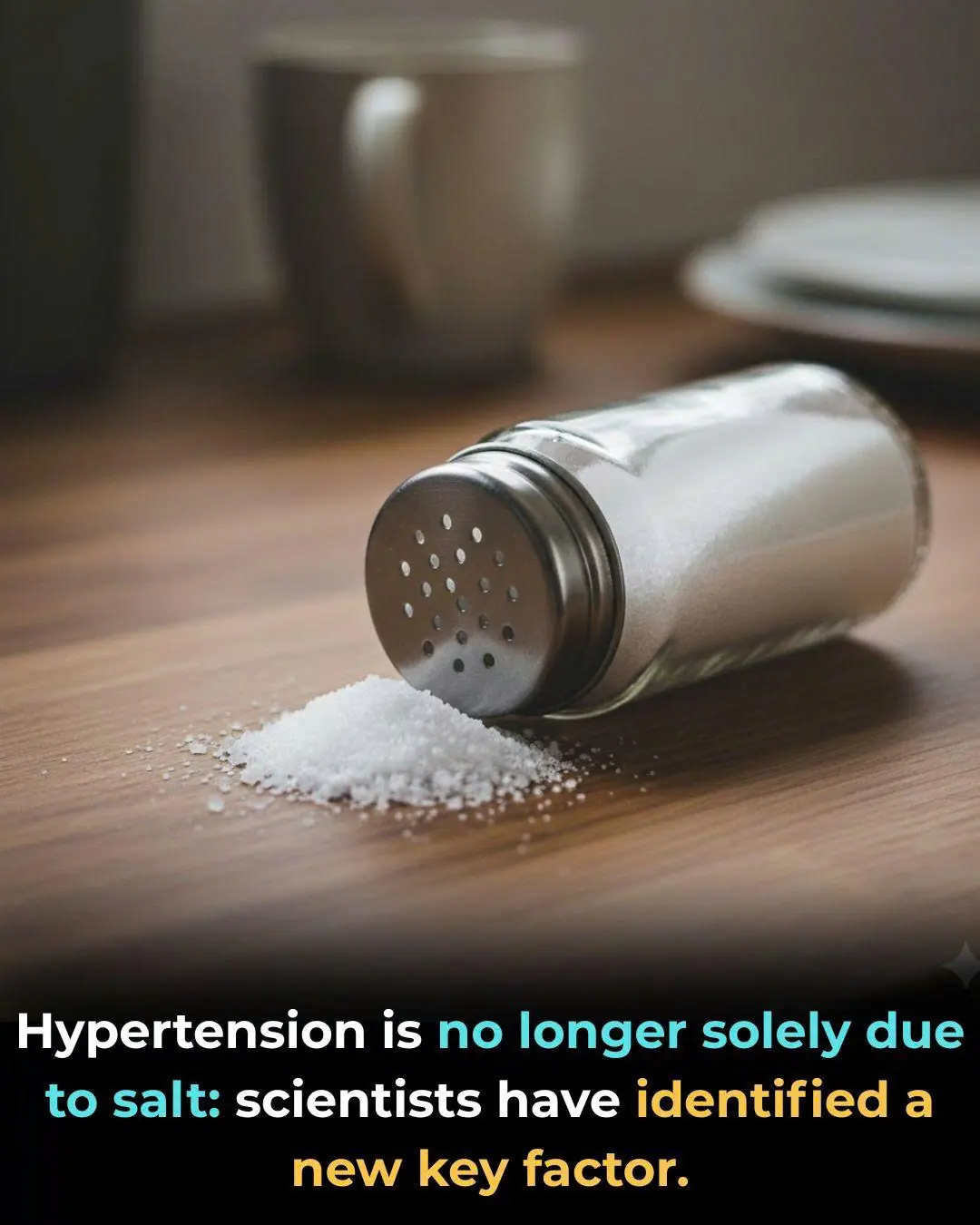
High Blood Pressure Has a New Culprit
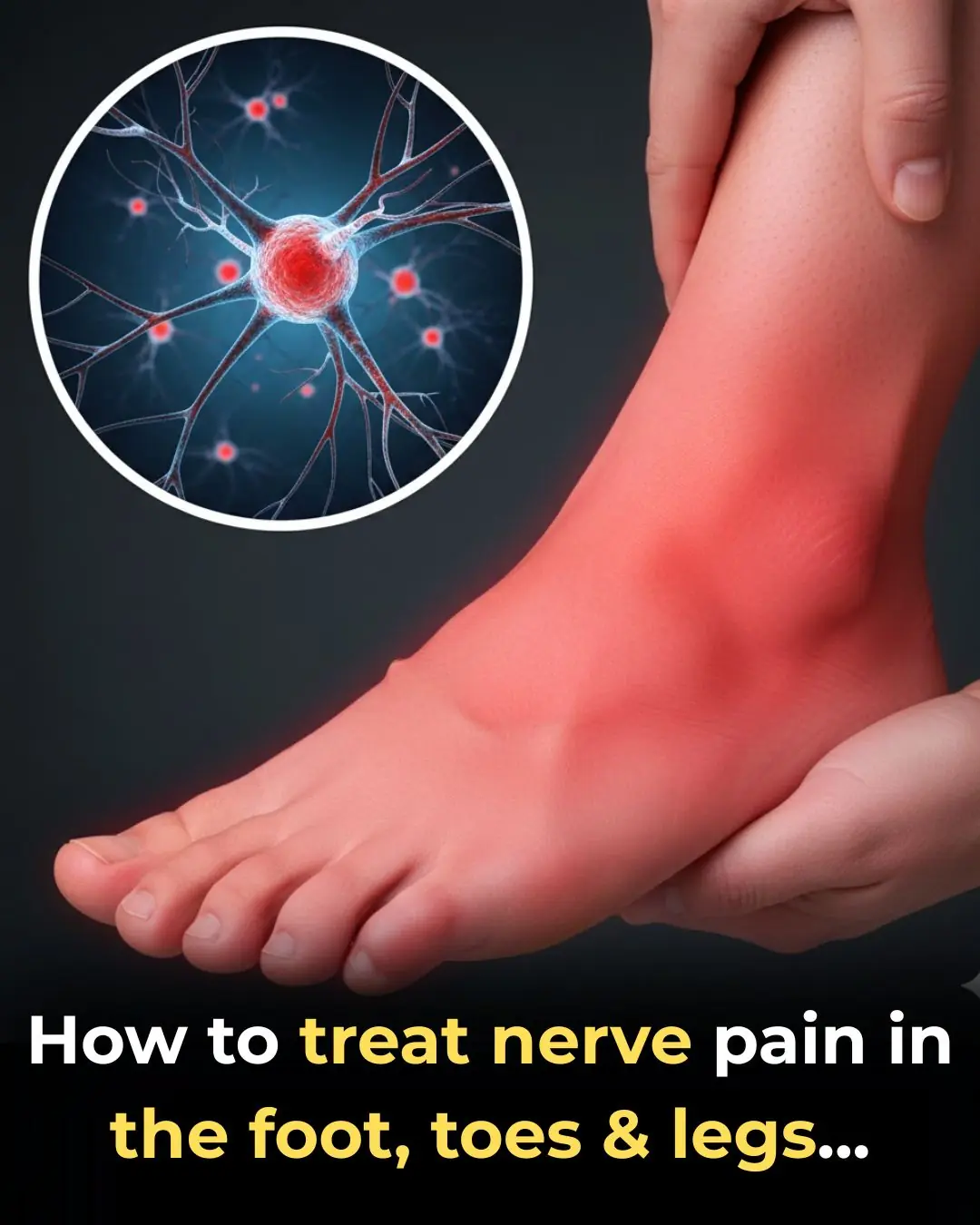
How to treat nerve pain in the foot, toes & legs

Unlocking the Power of Rosemary Tea: A Natural Elixir for Mind, Body, and Soul

Drinking Water the Right Way
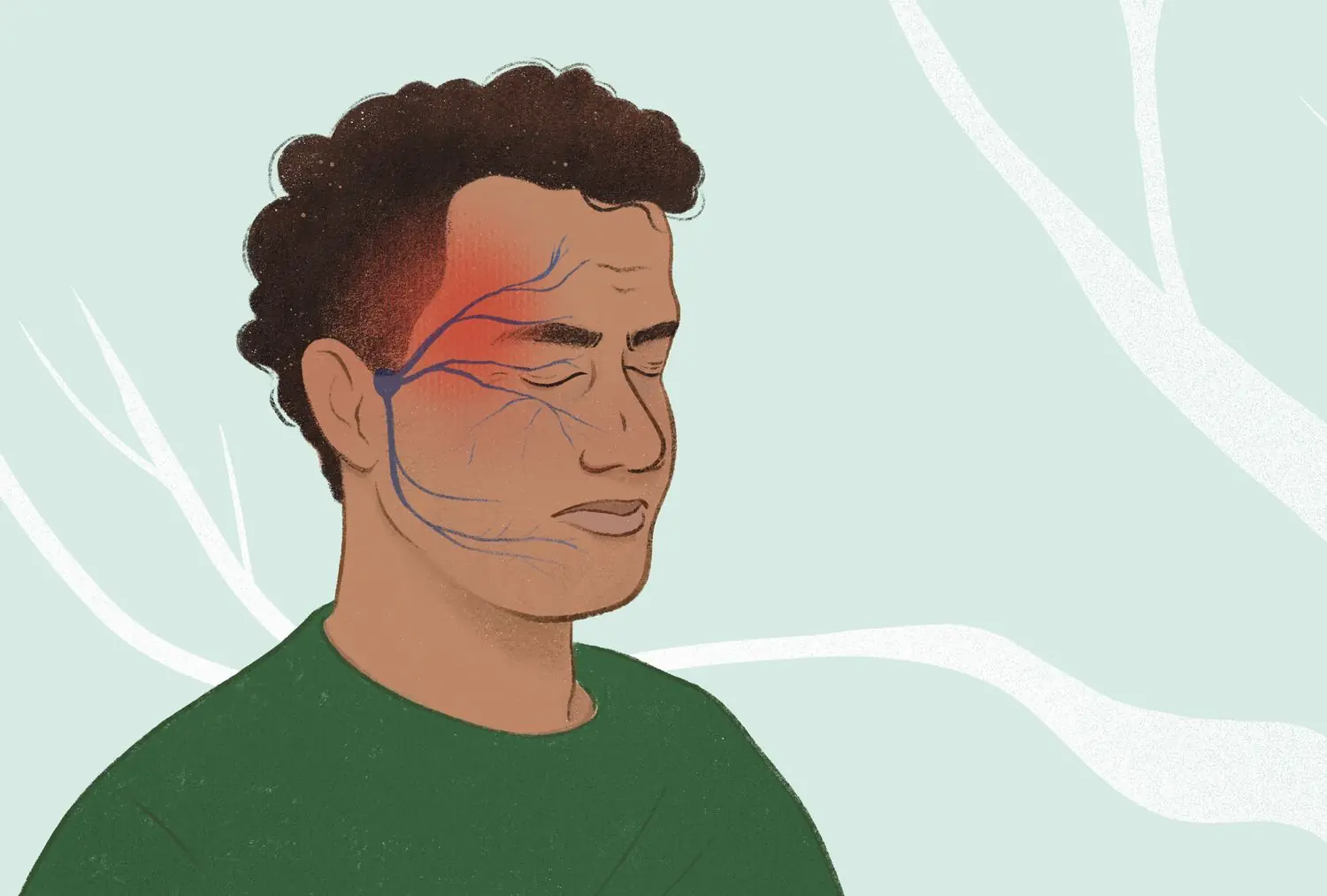
Headache Above or Behind the Left Eye? Here’s What It Could Mean
News Post

From Space to Earth: The Science Behind Felix Baumgartner’s Record-Breaking Jump

Transforming Oil into Green Prosperity: The Success of Norway’s Sovereign Wealth Fund

Maximize Broccoli's Cancer-Fighting Power: The Simple Trick That Boosts Sulforaphane Formation

Hidden Fungi in Your Nose: A Surprising Cause of Allergies and Asthma

From Dialysis to Remission: How New Drugs Are Changing the Fight Against Chronic Kidney Disease

The Hidden Beauty of Grass: Discovering Smiling Faces Under the Microscope

The Quiet of Blue Whales: How Climate Change is Affecting Whale Behavior and Ecosystems

The Arrival of Mosquitoes in Iceland: A Sign of Shifting Ecosystems and Public Health Risks

PP405: A Promising New Drug That Could Revolutionize Hair Loss Treatment by Reactivating Dormant Hair Follicles

Astronomers Capture Groundbreaking Image of New Solar System Formation

Denmark's 'Rolling Grocer' Initiative Brings Fresh Food and Community Connection to Rural Seniors

Mosquitoes Discovered in Iceland for the First Time: A Warning of Climate Change Effects

Denis Vashurin: The Man Who Appears as a Teenager Despite Being in His 40s

M.K. Prakasan: The Teacher Who Swims 12 km Daily to Educate Students in Kerala

Belgian Prodigy Laurent Simons Earns PhD in Quantum Physics at Just 15 Years Old

Revolutionary Cancer Treatment: Activating Immune Structures Within Tumors to Shrink Cancer and Prevent Relapse

Flaxseeds Gel For Faster Hair Growth
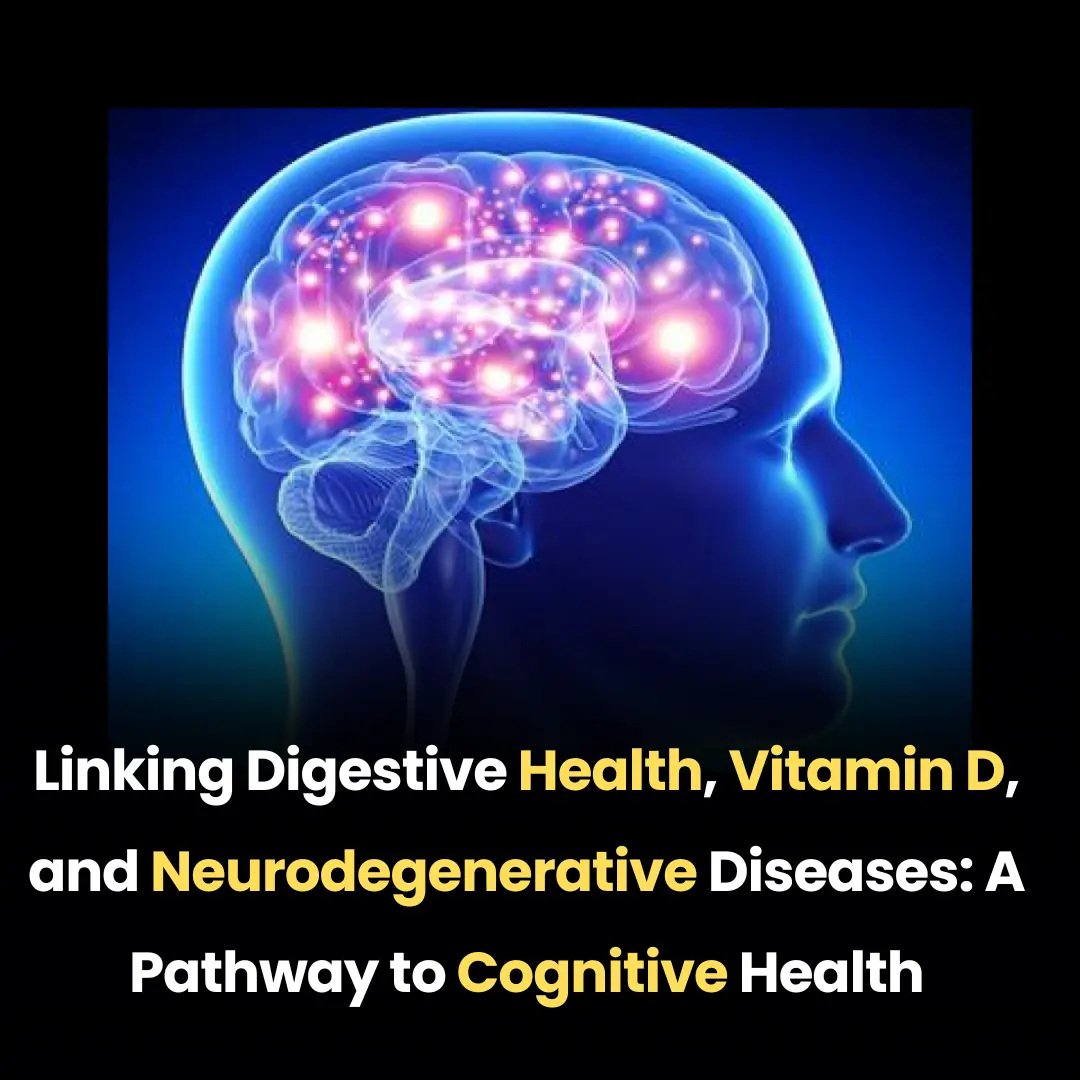
Linking Digestive Health, Vitamin D, and Neurodegenerative Diseases: A Pathway to Cognitive Health

The 400-Year-Old Greenland Shark: A Living Witness to Centuries

